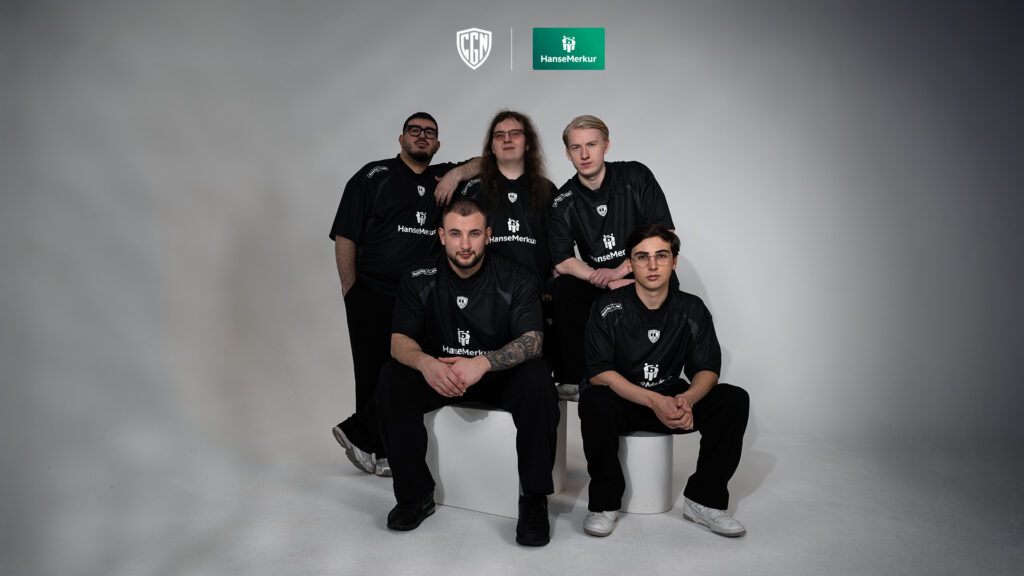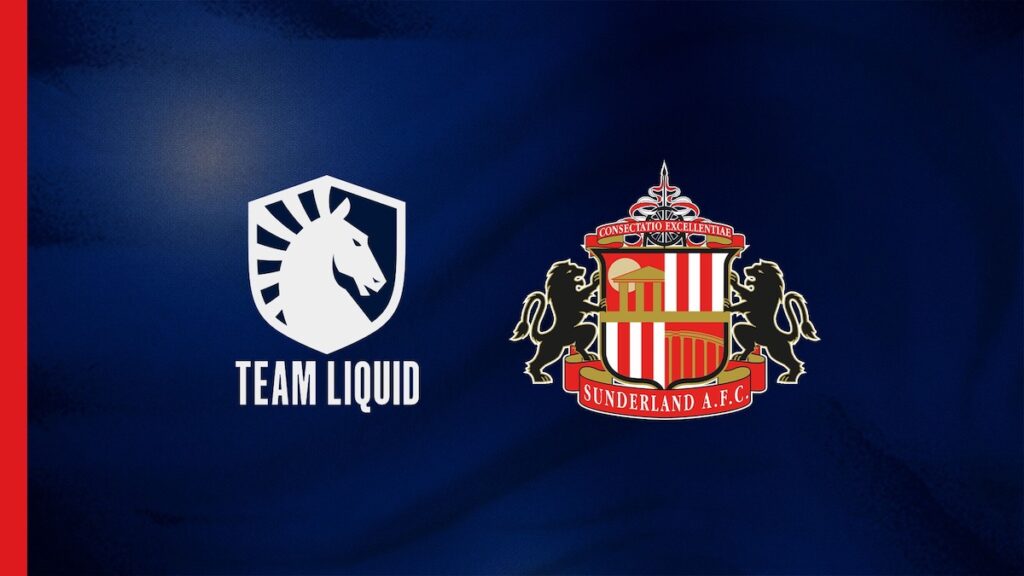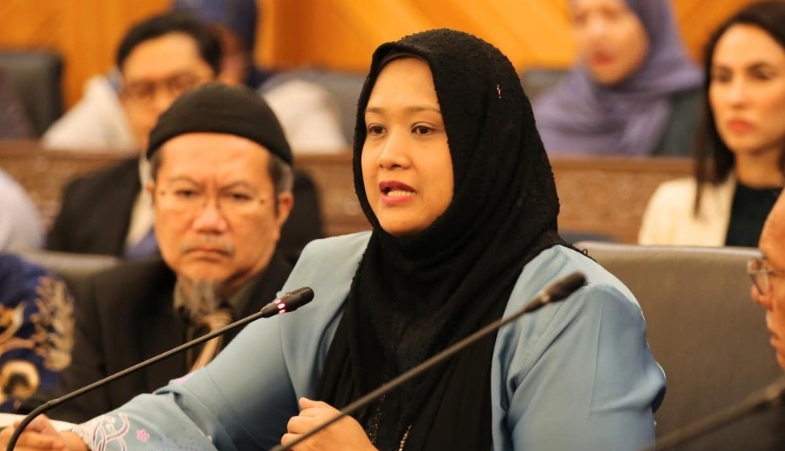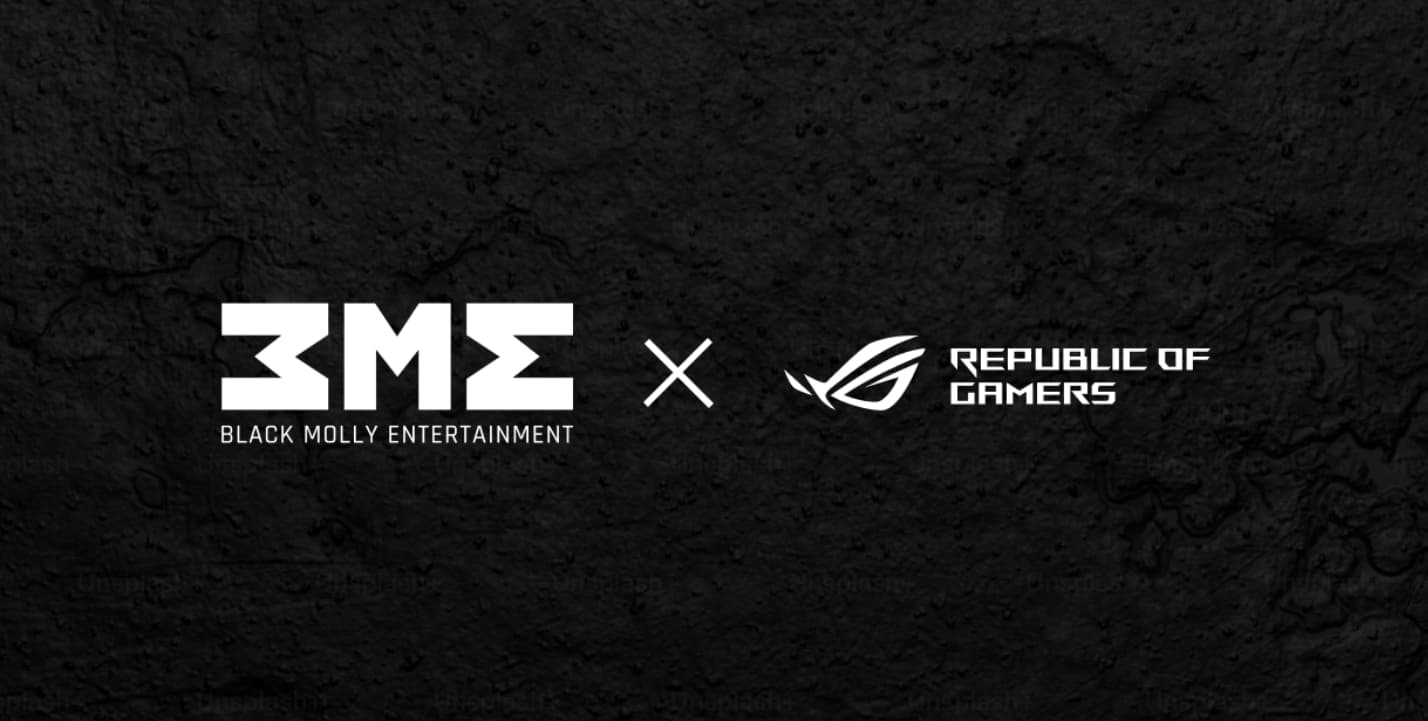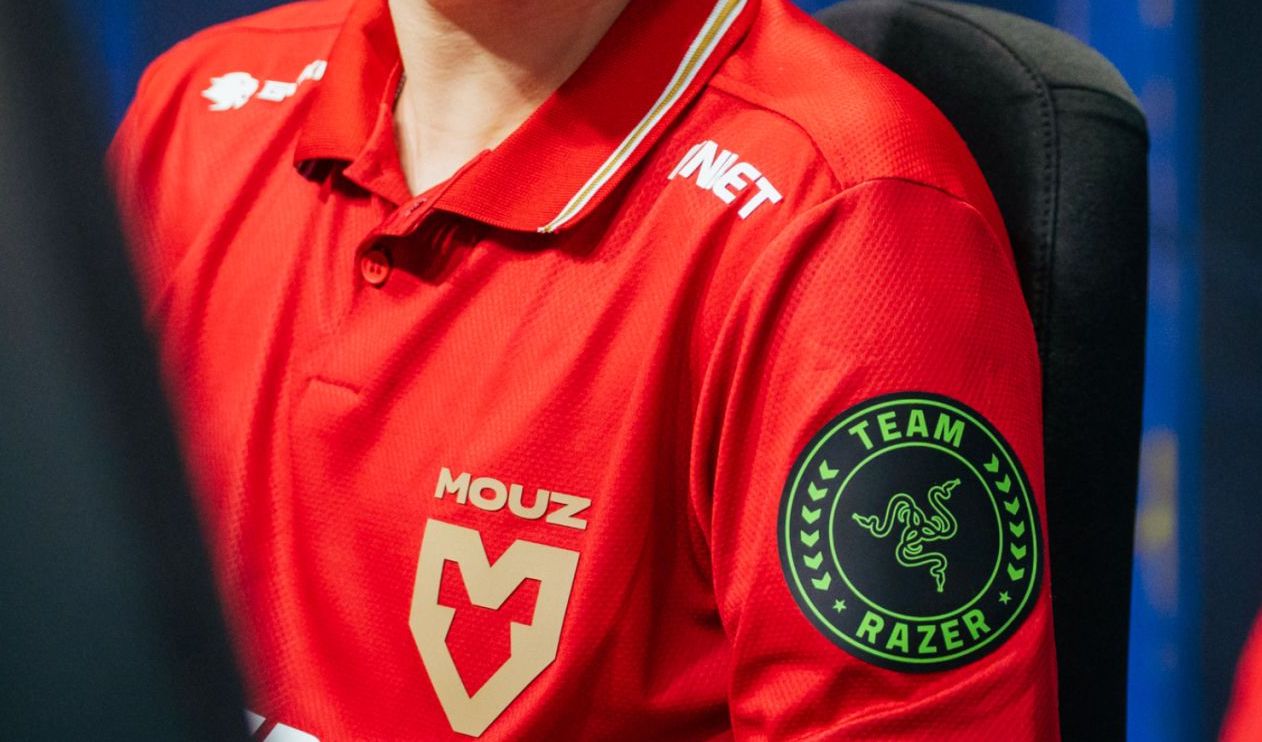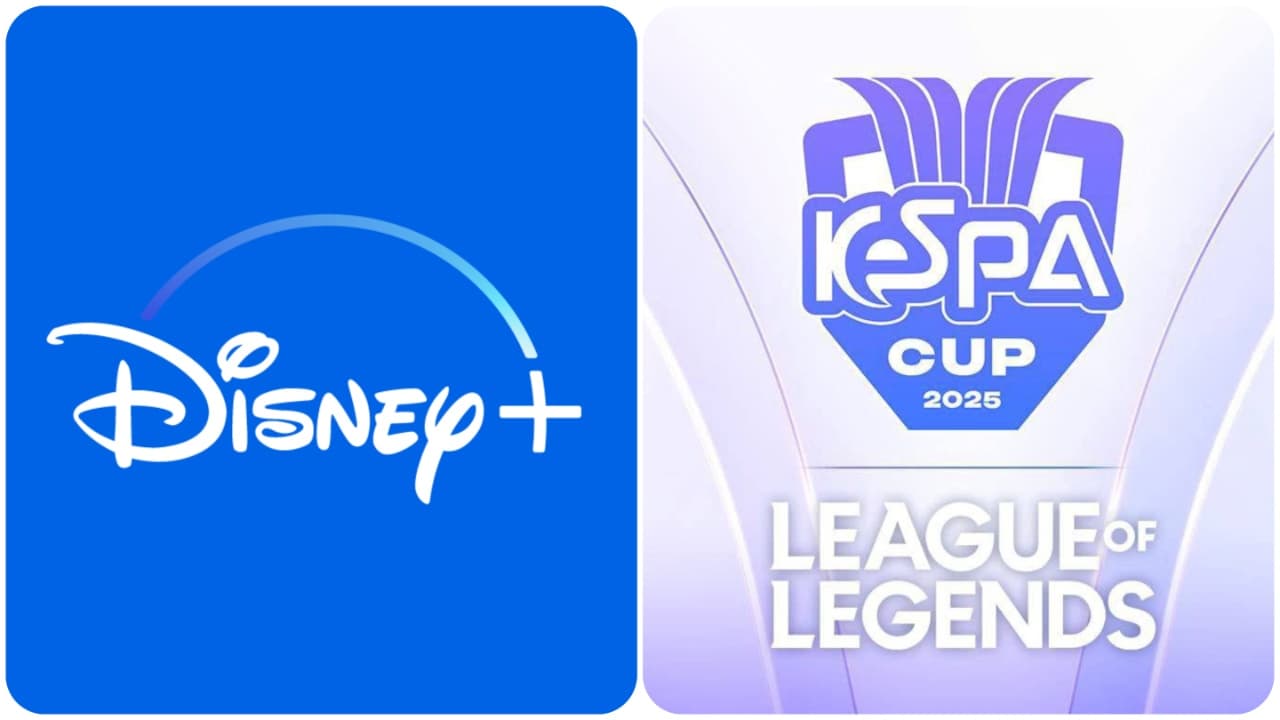The Esports Integrity Commission (ESIC) has handed Chinese StarCraft II player Xue “Firefly” Tao a lifetime ban from all ESIC-member events following a “systematic match-manipulation and profit-sharing scheme” uncovered during an investigation into betting-related corruption, with fellow player Gao “Jim” Mengwei also involved.
According to ESIC’s report, released on July 7, Firefly worked closely with Mengwei, who operates multiple betting accounts. Between April and August 2024, Jim placed targeted bets on Firefly to lose matches, often wagering on specific scorelines or handicap outcomes, while Firefly consistently underperformed in line with those bets across seven different tournaments.
Chat logs, betting slips, replay data, and financial transfers between the two form the basis of the case. In total, ESIC identified 21 breaches of its Integrity Program, spanning both its Anti-Corruption Code and Code of Conduct.
One of the most incriminating pieces of evidence is a WeChat exchange dated August 21, 2024, in which Jim says: “32,500 CNY and I’ll stop bothering you. I’ve already wired you 120k – I’ll keep all the evidence to myself…”
Firefly responded saying: “I don’t have that much. I spent a lot myself. I can only send you the last 10k.”
Financial records show that Jim sent nearly ¥98,000 CNY (approx. $13,500 USD) to Firefly between April and July 2024 via Alipay, with payments often occurring within hours of matches that had been deemed suspicious. One betting slip alone netted Jim over ¥32,000 in profit after Firefly lost 3-0 to Bunny during the Esports World Cup 2024 Qualifier.
ESIC also noted in the report that betting operators flagged unusually high-value, exact-score wagers on Firefly’s matches, with Jim enjoying an 83% success rate when betting against him.
Following the investigation, Firefly has been banned for life from any ESIC-sanctioned competition or event in any capacity. Jim has been issued a Notice of Charge and is provisionally suspended pending a response, which must be submitted by July 14.
“The conduct breaches multiple provisions of both the ESIC Anti-Corruption Code and ESIC Code of Conduct and poses a serious threat to the competitive integrity of esports competition,” the report stated. “Mr. Tao’s conduct amounted to an egregious breach of the ESIC Integrity Program.”




